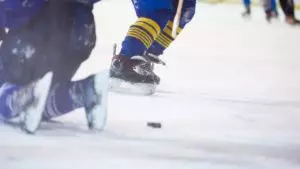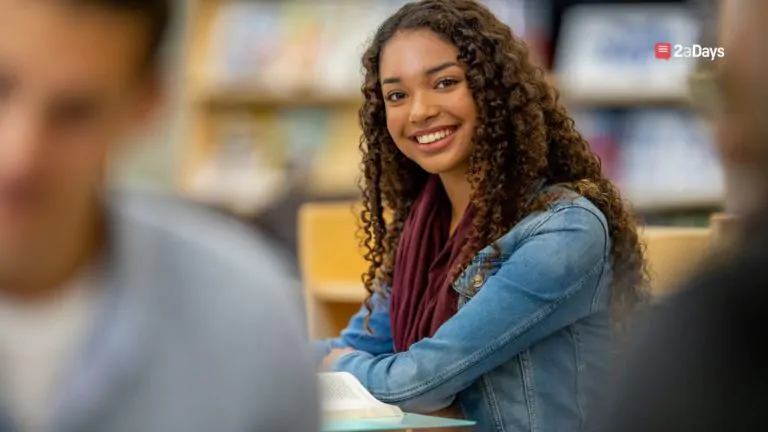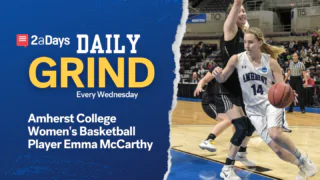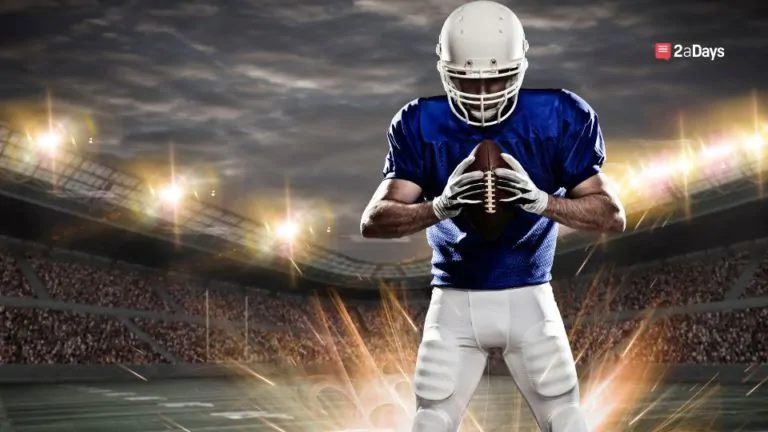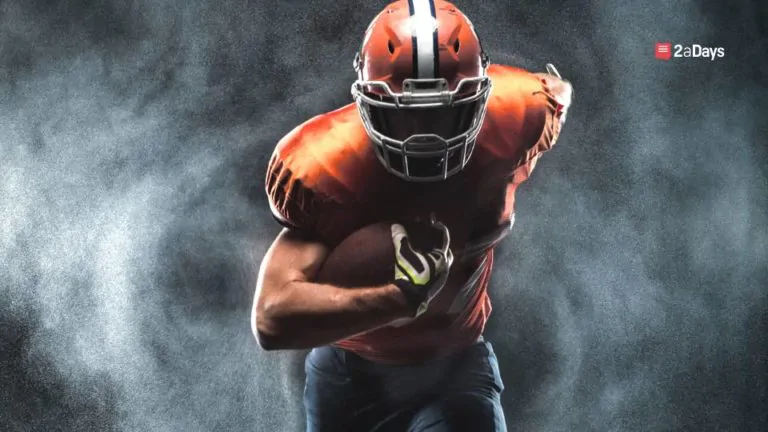According to collegehockeyinc.com, college coaches can not start actively recruiting high schoolers until January 1st of their Sophomore year. After January 1st, coaches can begin to show interest in students by having them visit their institution. According to the NCAA rules, students may reach out to college coaches before January 1st as long as they are the ones to initiate the connection.
Hockey is different from most other sports from a recruiting aspect. This is because the top hockey prospects in high school look to play in the Junior Hockey Leagues in the U.S. and Canada. These leagues consist of players between the ages of 16 and 21 who want to further their careers professionally. The alternative to playing in Junior Hockey Leagues is for student-athletes to play at the collegiate level. In NCAA ice hockey, there are six conferences with 60 schools all over the country; Atlantic Hockey, Big 10, ECAC Hockey, Hockey East, NCHC, WCHA, and the lone independent school, Arizona State.
Another alternative for those looking to develop their skills but are not ready for the juniors path is considering a post-graduate, or PG year. Common in the boarding school environment, a PG year is essentially a repeated senior year, typically at a boarding school, due to specific eligibility rules that allow you to spend a year improving academically and athletically, thus allowing an athlete to put their best foot forward in the recruiting process. Depending on the boarding school league you choose, it will be standard for the team to have four, eight, or even up to twelve PG's on a single team.
It is highly recommended that high school hockey players looking to play in college attend the USA Hockey select festivals or district development camps. College coaches from all over the country go to these events looking to add players to their team, and if you show up and play your best, you could turn some heads. If anything, these festivals can get you on a coach's radar. Another way to get noticed is to fill out recruiting questionnaires. Most college teams have a questionnaire on their website.
I talked to two hockey players from my previous high school, one who continued to play in college and one who decided to give up the sport to join the United States Air Force. My friend, who continued to play in college, was recruited, not by college coaches, but by Junior teams. He told me that he didn't put that much effort into the recruiting process as he should have. He now plays club hockey at the University of Maryland. Since Maryland doesn't have an official NCAA hockey team, this was his only alternative. The league he plays for is called the ACHA (American Collegiate Hockey Association), and being that he is at a D1 school, he said that the competition is still excellent. They play teams such as the University of Delaware, Loyola University, and George Mason. This is an alternative for athletes who want to continue their playing career but also want that balance in college.
My other friend, who decided to part ways with the sport, worked hard to get recruited. He attended showcases and camps to get his name out there, and he had the option to play Juniors, but he said it would have been like having a full-time job. This was not something he was interested in doing. He explained that because there are only 60 teams in the NCAA Division 1 hockey program, many players decide to go to Juniors before college to improve their game. He decided that he wanted to fight for our country, so he joined the armed forces and is a firefighter in the US Air Force.
The bottom line is, the recruiting process for hockey is different from most sports. There is not an abundance of college hockey teams like there are for other sports, the rules for talking to coaches are different, and the alternative is you can play in a Junior league instead of playing in college. It might seem harsh to land a spot on a Division 1 hockey team, but this does not mean that high school athletes shouldn't pursue their dream. The key to catching recruiters' eyes is to show interest, make it known that you're serious, and show that you have the work ethic and commitment. As I mentioned, high school hockey players are allowed to reach out to coaches before the coach can reach out to them.
Updated 1/23/19
Edited by Brandon Sires
* Originally published on January 23, 2019, by Klayton Kelly

